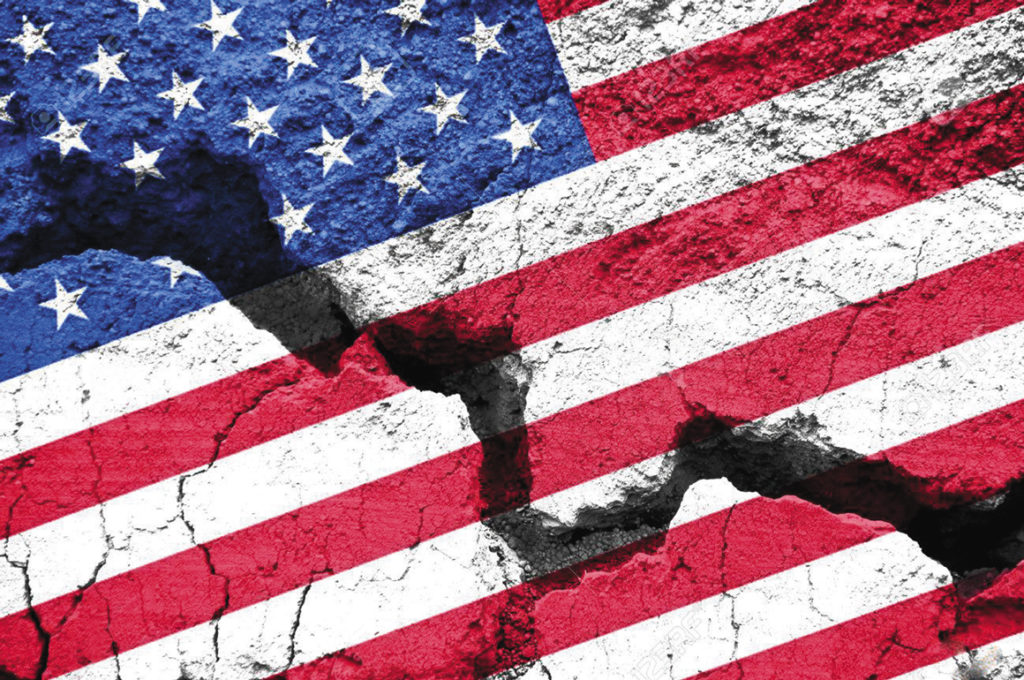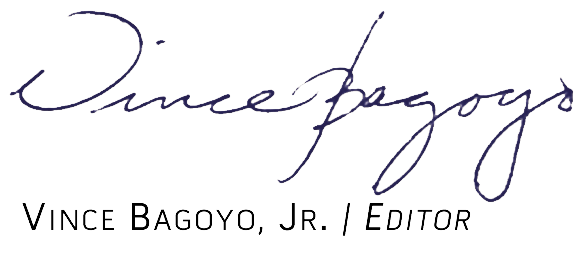
The Greatest Threats to Democracy
Democracy in America is not perfect but offers the best framework for our government and continues to inspire people across the world. Today, we face a national crisis as the extremes of partisanship divides us and the interests of political parties is placed above the welfare of our citizens. We acknowledge using extreme partisanship as justification for surrendering democracy puts our nation and democracy in peril.
Perhaps most urgent is the sharp contrast between the two groups in their belief about climate change and immigration reform. On climate change, there is a strong and intense warning from the global community of scientists who give us only ten years to turn around the direction of conditions impacted by human habits now being felt by all, including floods, pollution, food shortages, loss of arable land and protective forests and tons of debris in our oceans.
On immigration, the practice of migration has existed from the beginning as a basic human right. From the first nomads to the modern traveler, the inherent call to adventure and exploration is witnessed daily. Immigration, however, is not a call to adventure and instead, is most often a difficult decision reached against a sea of resistance, for many who seek a better life for their families or tragically, a need to flee situations of oppression or even worse, persecution from power mongers. In the context of America’s history as a democracy, a ban on immigration can only be perceived around the world as un-American, an action that defies what is most precious to the free world, the freedom of choice that defines the highest ideal of democracy.

Closer to home, the effects of division at the local level brings gridlock in State and County government resulting in the failure to address the critical issues working families must face daily. Among these are an increase in domestic violence, drug and alcohol abuse, homelessness, and the need for decent housing, to name the few at the top of the list. The more positive past practices of compromise and moderation are now replaced by politics of my way or the highway.
In our quest for solutions, we examine the most significant threats to our democracy. ONE is misleading information (often known as fake news) especially in this age of easy access to information at any time of the day or night. Somehow, social media has become the main source of information and news, even as we often witness how easily it is misused. TWO is voter apathy because many of our citizens do not understand that our freedom is linked to responsibility and the failure to vote encourages our leaders to enact their own agendas. To reverse voter apathy, people must register to vote and educate themselves to become informed voters. Most of all, if every voter gets to know the candidates better, they will not need to rely on social media where information is often shared by individuals and groups in a partisan way. THREE is the negative effect of too much money in politics and the clear evidence of how government’s purpose of being for the people has been subverted by money.
As we face today’s many challenges—locally, nationally and globally—a united effort is required to address them, whether it be coronavirus, the census count that is underway, income inequality, or the housing crisis. Partisanship or extreme views and policies can only lead us to a not too perfect union.

